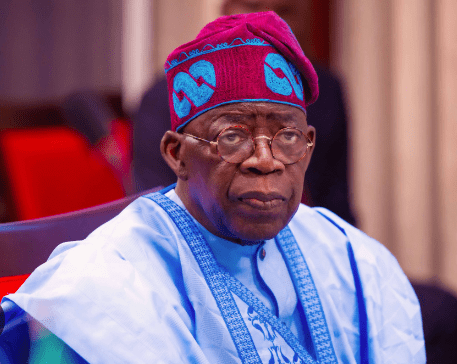President Bola Tinubu announced that his administration will persist with its planned strategic reforms and measures to tackle the country’s deep-rooted structural issues.
Despite the nation’s complexities and citizens’ resistance to change, he emphasized that the reforms will be fully implemented.
He said, “We will continue with various proposed programmes and strategic measures where necessary to address the deep-rooted structural issues these are systemic challenges that plagued the economy over the years. Despite our country’s complexities and citizens’ resistance to change, we will remain resolute in our commitment to stir the nation towards safety and prosperity.”
Tinubu said this at the Nigeria Employers Summit on Tuesday in Abuja themed, “Economic Renaissance: Harnessing government reforms and private sector agility.”
The Minister of State for Labour and Employment, Hon. Nkeiruka Onyejeocha, represented Tinubu.
In its third edition, the National Employers Consultative Association organized the event, establishing it as the premier advocacy platform for business-focused discussions and solution paths between the Organized Private Sector and Government at both National and Sub-National levels.
The current administration has implemented multiple reforms, including the removal of the fuel subsidy and the unification of the exchange rate market over a year ago. These changes have led to a surge in inflation and the exit of multinationals.
Speaking at the event, the president acknowledged that these reforms had disrupted key sectors but asserted that they set the nation on a path toward economic prosperity and generational development.
He highlighted that withdrawing the unsustainable fuel subsidy, which drained $10 billion or 2 percent of the nation’s GDP, has allowed funds to be redirected towards critical sectors such as healthcare, infrastructure, and security, directly enhancing citizens’ well-being and prosperity.
Furthermore, he emphasized that these steps were necessary to ensure the sustainability of businesses, attract foreign direct investors, and restore our nation to its former status as the pride of Africa.

